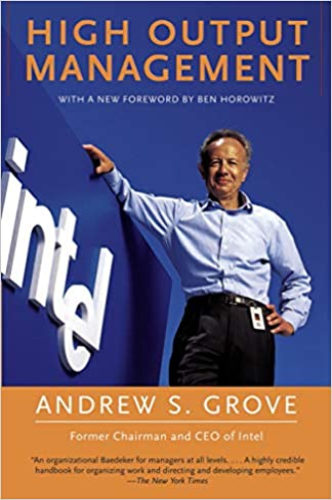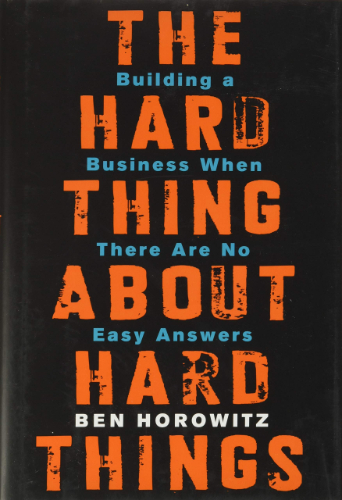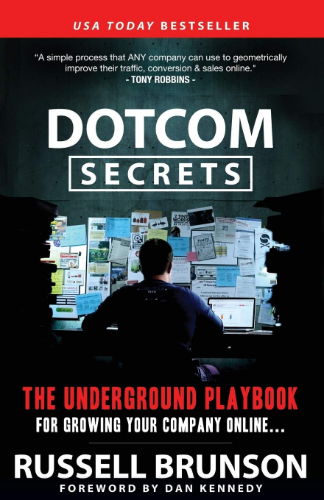The Wealth of Nations by Adam Smith: Summary and Notes

One sentence summary: Few books have shaped our world like the Wealth of Nations by Adam Smith. Some people consider it to be a more important document than the American Declaration of Independence.
One Paragraph summary: Wealth of Nations by Adam Smith is the landmark document that has shaped economics theory like no other. It established many of the arguments for free trade, limited government, and capitalism. It remains a must-read for all students of history and economics.
Favorite quote from the author:
The Wealth of Nations is one of the most important books in history. It was written by none other than Adam Smith, the man some people refer to as the Father of economics. In the book, Smith makes a case of how nations get and maintain their wealth. Before his ideas, people gave macro-economic theory little attention. It was even assumed that the wealth of a nation is finite and that nations can do little to grow it, but Smith changed all that with his revolutionary ideas.
To give you a sense of how important his seminar work is, some people consider it to be the most famous and influential document of 1776. Do you know what other document was published that year? The United States Declaration of Independence — the text that carries the goose bumping words,
“We hold these truths to be self-evident, that all men are created equal, that they are endowed by their Creator with certain unalienable Rights, that among these are Life, Liberty and the pursuit of Happiness.”
The book is a favorite of Elon Musk, Bill Gates, and Warren Buffet, and after reading it, I understand why it is so revered.
Main Takeaways From The Wealth of Nations by Adam Smith
-
Societal benefit comes from individual self-interests
-
The case for limited government
-
Competition and open borders are great for business
-
Wealth comes from productivity
-
Greed and inequality causes strain in the society
Lesson 1: Societal benefit comes from individual self-interests
You must have seen the following quote perhaps on the internet:
“It is not from the benevolence of the butcher, the brewer, or the baker, that we expect our dinner, but from their regard to their own interest.”
It is a quote from the Wealth of Nations and it refers to what Adam Smith calls the invisible hand. Smith puts forward the idea that the collection of our self-interests are self-regulating. What we call societal good, or public interest comes from people looking after themselves. .
In this case, it is the interest of the baker to sell quality cakes because otherwise, people won’t buy his product. And because of this, there is an incentive for everyone to produce goods and services at a certain level of quality. Smith says this self-regulating behavior of the market ends up promoting the public interest. In other words, society benefits when everyone is looking after themselves, and this happens although no one enters into business planning to benefit society. The implication is that the profit motive is morally justifiable because it leads to better outcomes for everyone involved.
Smith’s argument is central to how capitalism works because one of the tenets of capitalism is giving people the freedom to pursue their interests, and as he rightly pointed out, society benefits if you do that.
Lesson 2: The case for limited government
One sentence summary: The Wealth of Nations REST OF THE SENTENCE.
puts up a very strong case for limited government. Smith says that the market, through the invisible hand, is self-regulating. If people are left to their devices, the laws of demand and supply will balance things out. The interaction of the various self-interests coupled with the increasing division of labor will create a free market system that can run without too much government interferenceThis is possible because as people become more and more specialized, mutual dependencies arise between them. For instance, a busy shopkeeper will not have the time to run his supplies and a busy butcher will depend on a baker for his breakfast. Such dependencies ensure that the economy continues to operate without directions from the government.
While making this point, Smith does not dismiss the role of the government entirely. He implies that private hands should hold the means of production because the profit motive is enough to incentivize good behavior, and the government should play the role of creating a level playing field, especially when monopolies arise. The other roles that he saw fit for the government were the nation’s defense, the enforcement of laws, prevention of crime, and building infrastructure.
For its time, the idea of limited government was radical, and even today, there is still debate about the role of government in a free market system. The consensus is that the government should play a role. Although Adam Smith was onto something, the government is now considered a part of the invisible hand and not a separate entity altogether.
Lesson 3: Competition and open borders are great for business
Before the publication of the Wealth of Nations in 1776, the pre-eminent thought system — mercantilism — maintained that the wealth of a nation was finite. As a result, the only way for a nation to get rich was to hoard gold and exploit its resources to the fullest. Smith challenged this idea by saying that a system in which people can trade freely will create wealth for everyone.He advocated for the opening of borders and argued against trade restrictions.
Smith saw trade as being driven primarily by the profit motive, and the more people are free to trade with each other, the richer everyone gets. He also made a case for international trade based on the comparative advantage a nation has. He uses the example of growing grapes in his home country — Scotland. It is possible to grow grapes in the country, but if it is more costly than to import, there is no point in growing grapes there. The argument here is that international trade is also a way of ensuring optimum resource allocation.
Smith’s idea of comparative advantage is why we have manufacturing centers like Japan because it makes sense for countries like Japan to continue doing the things they are good at while leaving room for others to develop a specialization in other areas.
Lesson 4: Wealth comes from productivity
“It is the great multiplication of the productions of all the different arts, in consequence of the division of labour, which occasions, in a well-governed society, that universal opulence which extends itself to the lowest ranks of the people.”
Smith compares the economies of rich and poor countries by noting that the greater the division of labor, the richer a country becomes. Division of labor allows more people to barter, and since manufacturing leads to a greater division of labor than agriculture, manufacturing nations are wealthier because they produce more.
Thus, the wealth of a nation is a measure of the value of its productivity and not merely the gold or the money that it hoards. Indeed, Smith regards money as a form of record-keeping and not as wealth itself. The need to use money arises because, through division of labor, each laborer produces just enough goods and services to meet their needs and requires to barter for everything else.
Lesson 5: Greed and inequality causes strain in society
Adam Smith wrote against merchants who sought to exploit workers by paying them low wages and who looked to earn extraordinary profits on their sales. This he said would result in chaos in society. He saw the market system as a means through which both laborers and manufacturers could benefit because it is driven by demand and supply.
Another group that Smith spoke against were what he referred to as ‘factions’ or what we might call special interests. He regarded these as untrustworthy and who only met so that they could find ways to bend the government’s will or act against the public.
Wrap Up
The Wealth of Nations is a must-read book, especially for economists. The ideas of the book have shaped our world like few other books have. Smith doesn’t just talk about free trade, self-interests, and wages he also discusses many important issues of his time like the establishment of colonies in the Americas and on personal finance. His thoughts on these issues — which were way ahead of his time — will open your mind to new ways of thinking.
Who Would I recommend the Book To?
Anyone interested in reading books that have fundamentally shaped the way we see the world.
GET THE BOOK ON AMAZONRate this book!
This book has an average rating of 5 based on 2 votes.








































